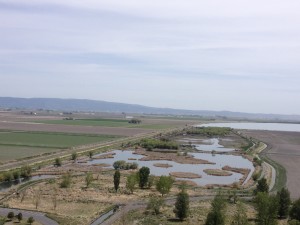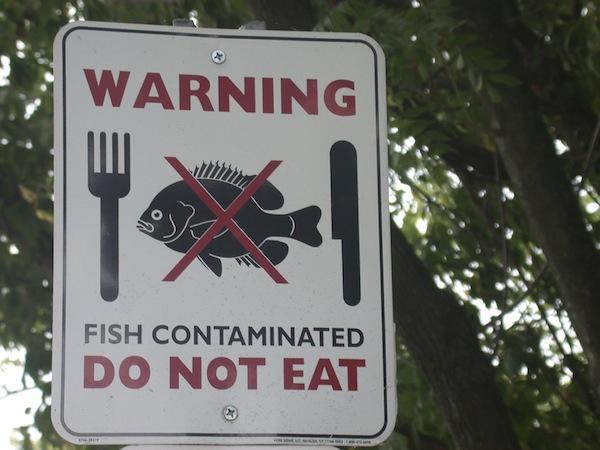The Jamestown S’Klallam Tribe and the City of Sequim are pleased to announce their partnership to connect the Tribal government facilities and businesses in Blyn to the City of Sequim Wastewater Treatment Plant.The project has been under consideration by the Tribe since 2005, when Clallam County Commissioners first approved extension of sewer lines both east and west of the City.
In 2010, the City’s Wastewater and Reclamation facility was expanded to make such extensions possible, and the City Council expressed its goal of becoming a regional service provider and fostering partnerships within the city and the county.
Sequim City Manager Steve Burkett said “We are very excited about this new opportunity to work in partnership with the Jamestown S’Klallam Tribe and utilize the capacity of our Wastewater Treatment Plant to provide service to the region. This agreement will benefit members of the Tribe, City residents, and have a positive impact on the environment.”
In 2011, the Tribe undertook a long-term comprehensive study, its Utility Master Plan, to determine whether to replace Tribal septic systems with an on-site wastewater facility, or to connect to Sequim’s existing utility.
“In the short and long run,” said Tribal COO Annette Nesse, “this plan is more cost-effective and better for the environment. Connecting to the sewer system allows the Tribe to move waste disposal away from the Sequim Bay ecosystem and its precious resources.”
Pumping wastewater away from Sequim Bay to a state-of-the-art facility furthers the Tribe’s support of the Clean Water District and reduction of harmful nutrients to marine waters. In 2006, the Tribe completed the restoration of Jimmycomelately and Dean Creeks in Blyn, to recreate the habitat that has since fostered recovery of the summer chum salmon population. In addition, the Tribe has worked tirelessly to restore the south Sequim Bay habitat to a productive marine environment for natural and farmed shellfish production. All of these efforts, as well as the decision to connect to the Sequim Wastewater facility, are part of the Tribe’s comprehensive plan goal of preserving and protecting treaty rights. This Tribal goal translates to the shared benefit of environmental protection for the entire Clallam County community.
The project – installation of approximately 6.5 miles of pipe – is estimated to cost $8.3 million ($2.3 million less than the projected cost of building an on-site wastewater system), which will be paid for by the Tribe.
The expansion extends outside the city limits, beyond the bounds of the Urban Growth Area onto Tribal reservation lands. The Growth Management Act prohibits any connections to the system along the route. Other properties between Sequim and the Tribal properties will not be allowed to join in.
Although the agreement is between the Tribe and the City of Sequim, Clallam County is involved, and has offered its support.
“This seems like a well-considered decision. In my opinion regionalization of Sequim’s wastewater facilities will have long term benefits for all jurisdictions,” said Bob Martin, Administrative Director of Clallam County Public Works.
The next steps include convening internal Tribal meetings with engineering firm Parametrix to pin down more details of the “Sequim Connection,” and then meet with the City staff to draft a formal agreement before construction begins.





